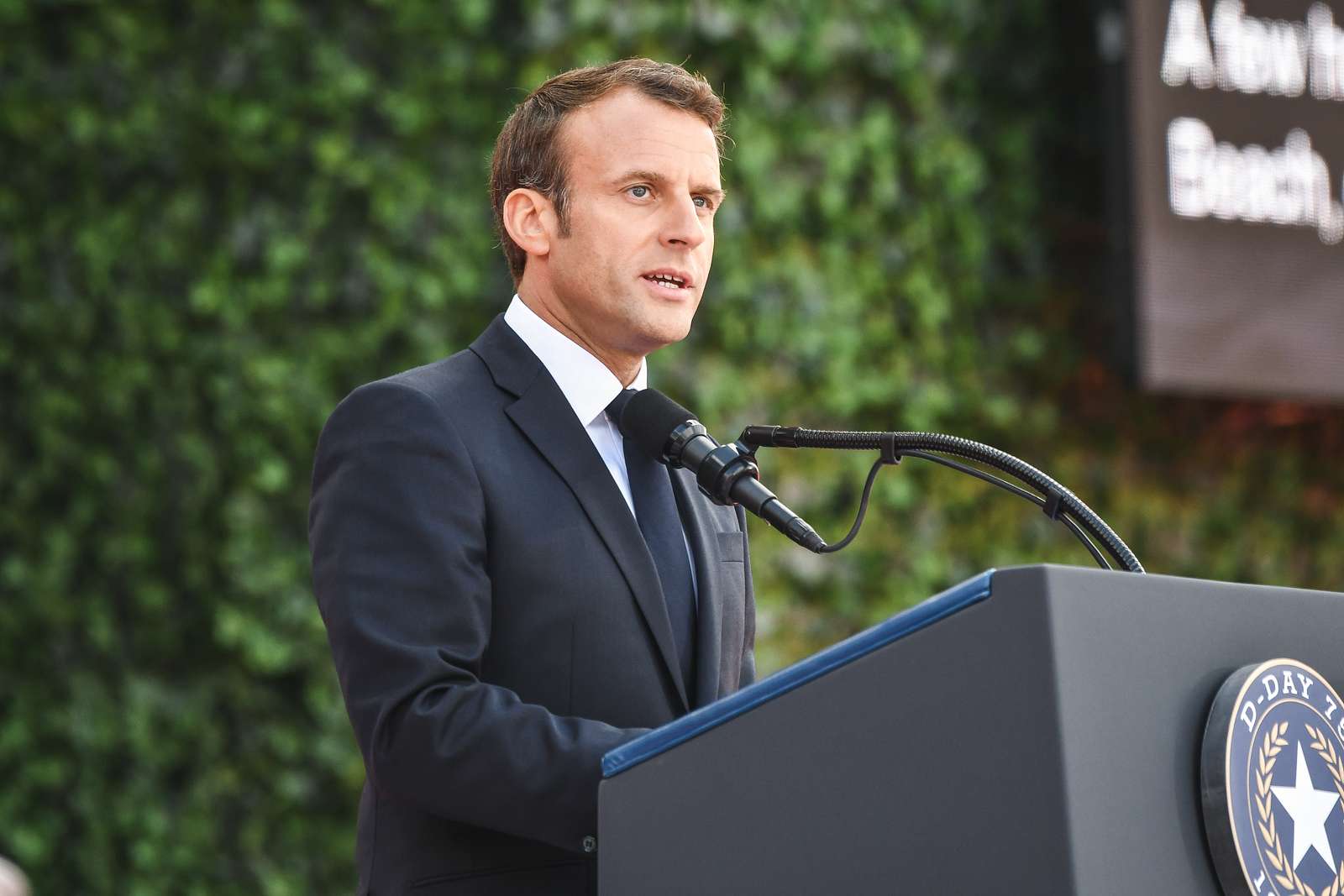PARIS (Parliament Politics Magazine) – In legislative elections, the centrist group of Emmanuel Macron lost its complete majority in parliament, owing to advances by a new left alliance and an extraordinary rise by the far right.
After five years of unchallenged influence of parliament, Macron, who is famous for his top-down attitude towards power, starts his second term with questions about how he will implement domestic objectives like raising the age of retirement and revamping state benefits. To advance his measures to lower taxes and reform the welfare system, his centrists will need to reach out to allies in the parliament and strike compromises.
Macron’s Ensemble (Together) is still the largest grouping in parliament, but it suffered substantial losses in what is dubbed as a “crushing defeat” and a “earthquake” by the media. The results were a serious failure for Macron’s centrist alliance, according to political analysts.
Macron’s centrists won 245 seats in the end, far short of the 289 needed for a complete majority.
The main opposition group, led by the hard-left Jean-Luc Mélenchon’s France Unbowed, with the Socialists and the Greens, became the biggest opposition group, with an expectation to have about 133 seats.
The most noticeable result, however, was for far-right, anti-immigration National Rally Party of Marine Le Pen, which rose its number of seats from eight in 2017 to 89, a tremendous high for a party that has previously struggled to gain parliamentary seats under the first-past-the-post voting system.
The far-right gains indicate that Le Pen’s party has spread from what is known to be its traditional heartlands in the Pas-de-Calais to a swath of the north and north-east, as well as along the Mediterranean coast from its south-eastern base.
Importantly, the far right made history in the west of France, with 34 years old Edwige Diaz, a rising party star, obtaining a seat in Gironde, near Bordeaux, in an area where the gilets jaunes anti-government rallies were quite prominent. Because of the party’s large number of seats, Le Pen, who was elected in the Pas-de-Calais region, will be able to form a big parliamentary group and get more publicity and funds for her party, which is in debt.
From northern France, Le Pen delivered a victory speech, claiming that her party had gained the most MPs in history. They would be a firm opposition, she stated. Jordan Bardella, her interim party leader, described it as a “tsunami.”
France Unbowed party of Mélenchon currently leads a broader left coalition known as the Nupes, or New Popular Ecological and Social Union, with roughly 72 seats. Within the left coalition, the Greens gained about 23 seats, while the Socialists gained about 26.
A close supporter of Mélenchon, Clémentine Autain, called the result a “breakthrough” for the united left. Rachel Keke, a hotel housekeeper known to have led a strike for fairer wages and conditions at a hotel in Paris, was voted to the parliament of France as the first cleaner ever.
Even if the tone at the party headquarters was seen as gloomy, Macron’s centrists claimed they had still come out on top. it was a disappointing first place, but it was a first place, government spokesperson Olivia Grégoire said on French television. She stated that the administration would join forces with “moderates” who wanted to move things further, but she did not elaborate on how Macron’s coalition would avoid legislative gridlock.
The results were described by Bruno Le Maire, the economy minister, as a “democratic shock,” which he described as the far right’s strong drive. He claimed that the results represented the French electorate’s major concerns, but that Macron’s policy proposals could still be resumed as security, work, climate and Europe.






